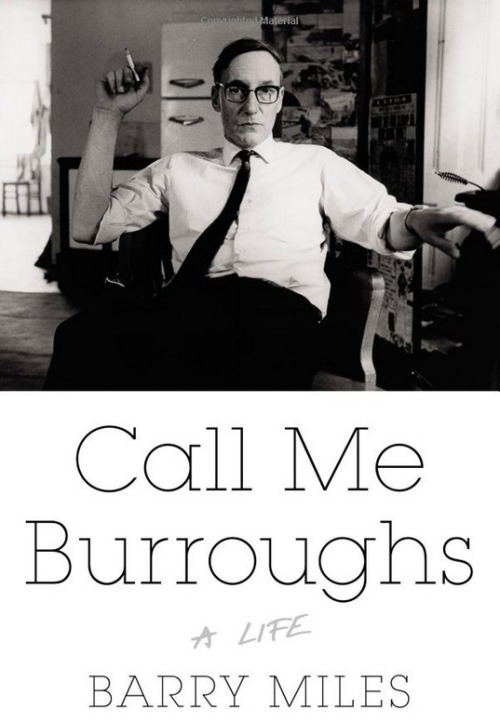
It’s one hundred years after William S. Burroughs’ birth. To celebrate, the New York Times has published two intriguing essays regarding what the Times calls the “so-called literary bad boys.”
James Parker writes:
It’s the question every writer faces, every morning of his or her life: Am I Malcolm Gladwell today, or am I Arthur Rimbaud? Do I sit down with my pumpkin latte and start Googling, or do I fire a couple of shots into the ceiling and then stick my head in a bucket of absinthe? Which of these two courses will better serve my art, my agent, my agenda? Old hands are ready with the answer: If you want to stick around, kid, if you want to build your oeuvre, you’ve got to be — in the broadest sense — sober. You’ve got to keep it together. There’s no future in going off the rails. “You go in dutifully, slavishly, and you work,” commanded Norman Mailer, his head-buttings long behind him. “This injunction is wholly anti-romantic in spirit.” But his sternness communicates the strain, does it not, the effort required to suppress the other thing: the room-wrecker, the Shelley inside, the wild buddings of Dionysus.
This is where the literary bad boy lives today, at any rate — in the mind of the writer…
Rivka Galchen writes:
In the seventh grade I admired a charismatic, witty girl who had a particular way of writing her lowercase a’s. After some practice, I took to writing my lowercase a’s in the same fashion. Sometimes we find ourselves emulating a trait that’s merely proximate to something wonderful — you can wear a white suit every day, but it won’t get you any closer to revolutionizing American journalism. Emulating that girl’s charisma or wit would have involved much more work, and trying to think and write like the best of the “literary bad boys” can be near on impossible. The handwriting, or the suit, are manageable.
And I would argue that certain traits we associate with the “literary bad boy” — traits we spend the most time excoriating or lauding, with excoriation and laudation amounting to almost the same thing — are more like the handwriting or the suit than the essential substance. They have little to do with the genuinely countercultural thinking or the intelligently transgressive prose. Instead they are, upon inspection, just the fairly straightforward qualities of persons with more financial or cultural or physical power who exercise that power over people with less. There’s nothing “counter” about that, of course; overpowering in that way implicitly validates things as they are, and implies that this is how they ought to be. So I presume that when we value literary-bad-boy-ness — and there is a lot to value there — those traits wouldn’t be, if we thought about it, the essence of bad-boy-ness; those traits aren’t even distinctive. They’re just trussed-up versions of an unfortunate norm.
Even William Burroughs mocked that idea of a literary bad boy. In his oft quoted short story, “The Lemon Kid,” he wrote: “As a young child Audrey Carsons wanted to be writers because writers were rich and famous. They lounged around Singapore and Rangoon smoking opium in a yellow pongee silk suit. They sniffed cocaine in Mayfair and they penetrated forbidden swamps with a faithful native boy and lived in the native quarter of Tangier smoking hashish and languidly caressing a pet gazelle.” The passage is funny, hyperbolic and also somehow psychologically accurate. Audrey dreams of the trappings of a writer, not of writing. Burroughs’s language illuminates the covert dream within the dream: the moneyed associations of Mayfair and the yellow pongee silk suit, and the de facto purchasing of a person whitewashed into the term “a faithful native boy.” The transgression in the fantasy is revealed to be a self-flattering illusion; the real fantasy, nested inside the manifest one, is the standard and childish desire for dominion….
Read both essays here.
Plus a review of Barry Miles’ “Call Me Burroughs: A Life” here.
-– A Days of the Crazy-Wild blog post: sounds, visuals and/or news –-
